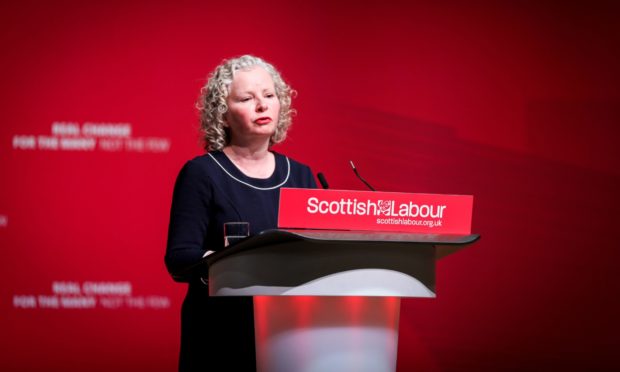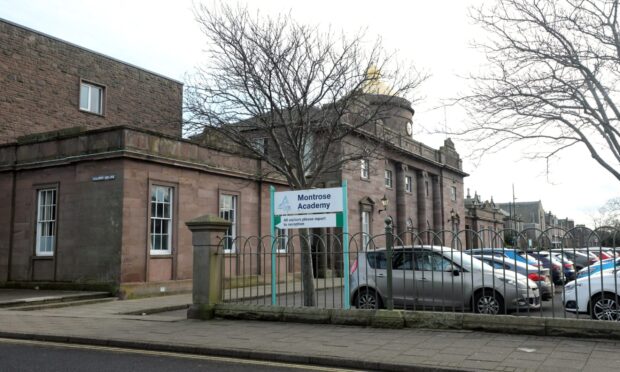A Fife MSP has called on the Scottish Government to act quickly to address inequality in education after a report found pupils from disadvantaged backgrounds were falling behind due to the pandemic.
An equity audit carried out by Education Scotland has highlighted concerns regarding the impact of the school closures on the education of Scotland’s poorest children.
The report, which was published this week, collected data from 54 schools across 32 local authorities in Scotland between November 2 and 20 last year.
Among the key findings of the report was that the move to remote learning has had a negative impact on the progress of most children and young people – in particular those from disadvantaged backgrounds.
They have prompted Labour MSP Claire Baker to call for immediate action, claiming the pandemic could lead to a generation of pupils being disadvantaged.
Literacy and numeracy skills
Among the key issues raised in the report was the impact of school closures on the attainment levels of pupils from disadvantaged backgrounds.
Teachers reported that the number of disadvantaged pupils achieving appropriate levels of numeracy and literacy had “fallen significantly.”
The audit read: “The majority of teachers reported that higher numbers of children and young people from socio-economically disadvantaged backgrounds showed regression in core literacy and numeracy skills when schools re-opened after the closures of school buildings.
“We need action now to address the findings and ensure we do not allow this generation of pupils to be disadvantaged because of Covid.”
Claire Baker, MSP for Mid Scotland and Fife
“They described many children and young people affected by socio-economic disadvantage as struggling to absorb new information and regain prior levels of independence and engagement.”
Reacting to the findings, Claire Baker – who represents the the Mid Scotland and Fife constituency – said that “immediate steps” needed to be taken to ensure vulnerable pupils get the support they need.
She said: “The Scottish Government now needs to act on these findings to avoid even further widening of the attainment gap under its watch.
“This pandemic has had a huge impact on our schools, teachers and pupils and the Scottish Government has a responsibility to make sure any additional gaps in learning which result from it do not create further disadvantage.
“Those pupils most negatively impacted are those affected by poverty and we need immediate steps to support them in their education and to address the underlying causes of poverty.”
Younger pupils were also found to be more likely to have fallen behind, with the audit report detailing how progress of children in P1 and P2 was most notably affected.
Limited opportunities for direct contact between pupils and their teachers was identified as a contributing factor to the reduction in engagement from these pupils.
Mrs Baker added: “The negative impacts on core areas of literacy and numeracy are also a cause for concern. Under the SNP Government we have seen Scotland drop down international comparisons on reading and maths and we cannot risk this worsening.
“We need action now to address the findings and ensure we do not allow this generation of pupils to be disadvantaged because of Covid.”
What action has already been taken?
The equity audit outlined what funding had been offered by the Scottish Government in a bid to tackle the growing inequality.
A £25m investment for school aged-learners had resulted in over 58,000 devices and connectivity to people suffering from digital exclusion.
It was also detailed that over 1,400 additional teachers and 200 support staff had been recruited since the start of the pandemic.
In an address to the Scottish Parliament earlier this week, John Swinney also announced an additional £45 million in funding for local authorities.
This, the education secretary said, is to be used to prioritise the purchase of laptops for children still waiting for devices for home learning, as well as the recruitment of additional school staff.
Despite the funding, the audit report noted that the “potential depth” of the impact of the pandemic may become “fully visible for some time”.










